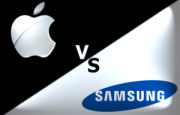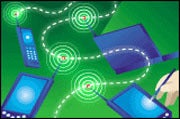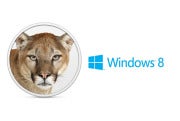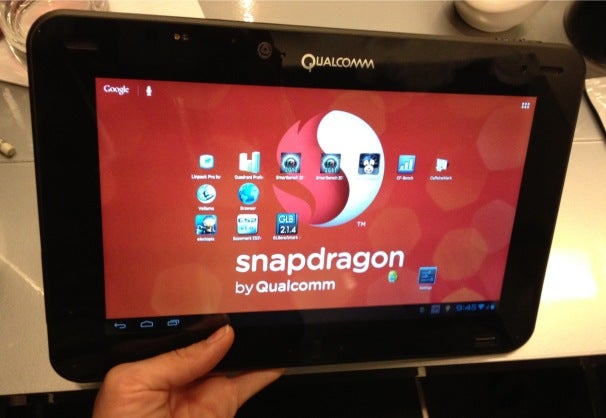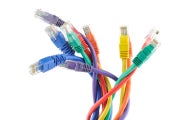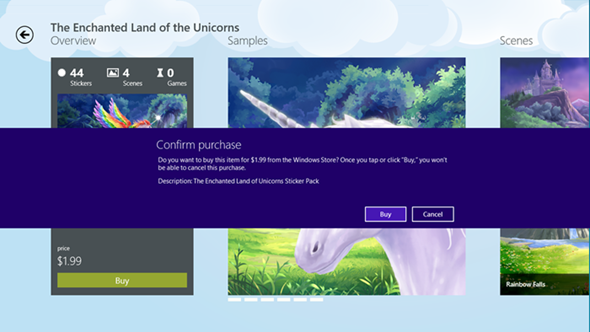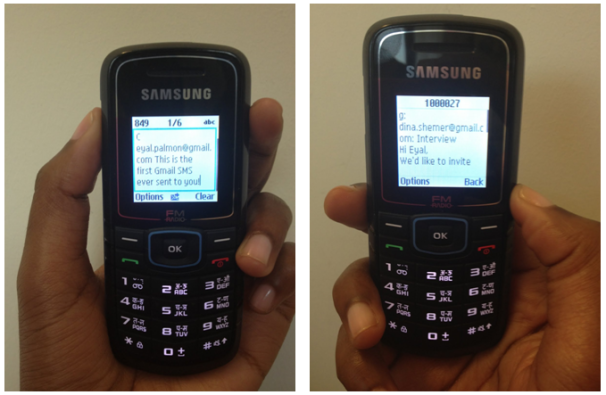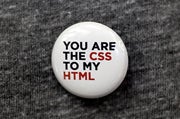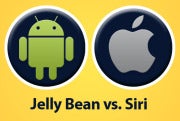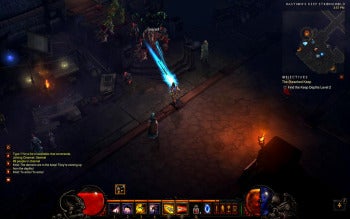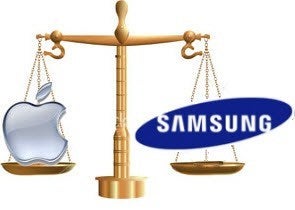Although Android is the most commonly used mobile ecosystem on the market,
it’s not without its fair share of caveats. Aside from the scores of malware
outbreaks plaguing Google’s mobile OS, there’s also the long-standing issue of
audio latency.
"Big deal!" I hear you exclaim, and while audio latency may not be
too much of an issue for the overwhelming majority, those using the likes of
Skype, or the increasingly-popular mobile instrument and music production apps
available, will notice just how significant it can turn out to be. Tapping the
virtual drum, for example, and waiting for a split-second for the sound to be
played from your device’s speaker, adversely affects the experience, and given
said apps can often be priced into the tens of dollars, it’s simply not on.
The issue has snowballed, and since the problem has been prevalent through
many versions of Android yet still not resolved, it’s now become the proverbial
elephant in the room. It was discussed at last year’s I/O, and Google
Android chiefs had hoped something could be done to amend the issue in Ice Cream
Sandwich (4.0), but the complexity of the issue has meant it still remains
unresolved.
Still, whenever there’s a problem, there are usually plenty of modders and
devs on hand, attempting to fix the problem in an unofficial yet extremely
convenient manner. Okay, so this isn’t exactly what we would regard as an
outright fix, but for those rocking a Nexus S or a GSM Galaxy Nexus, it’s the
next best thing.
One little mod, created by a couple of intuitive folk over at
XDA
Developers, improves the audio latency existent on aforementioned device.
It’s a re-jig of each device’s respective audio libraries, although the Nexus S
mod has had more hours put into it, thus performs much better, than that of the
Galaxy Nexus. Still, it’s encouraging work, and if you own either device, then
check out the thread links below and see if you can improve that annoying audio
lag by modifying those files within your device’s audio libraries.
Ref:
Redmondpie

